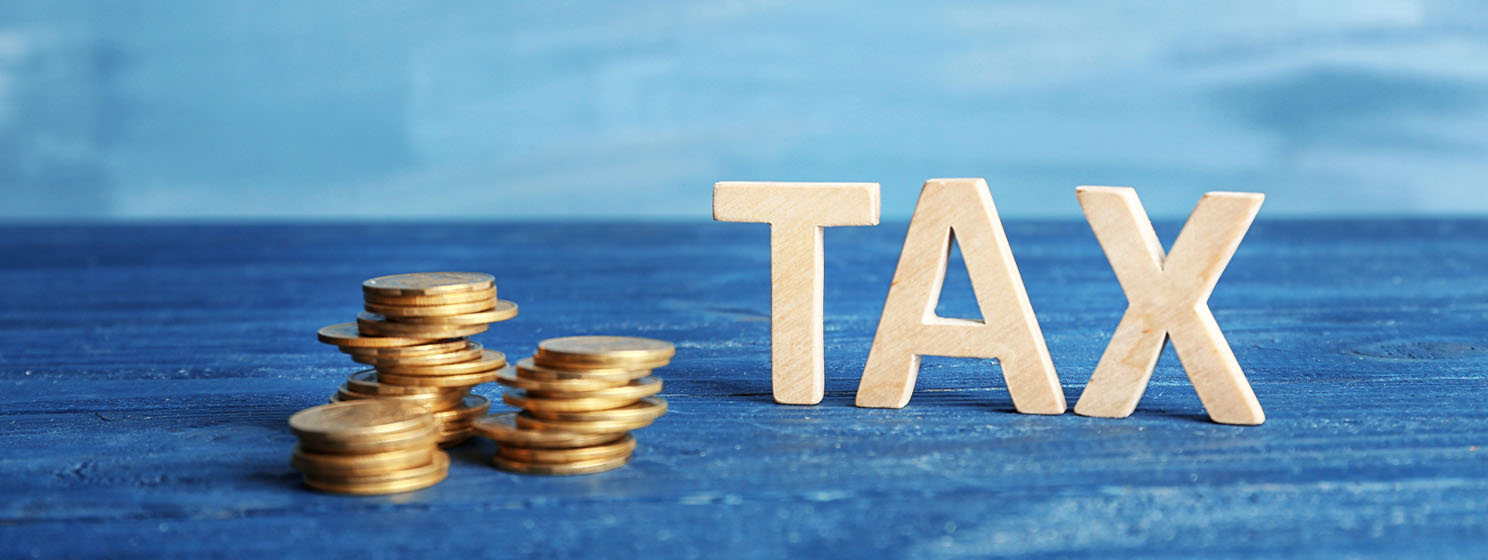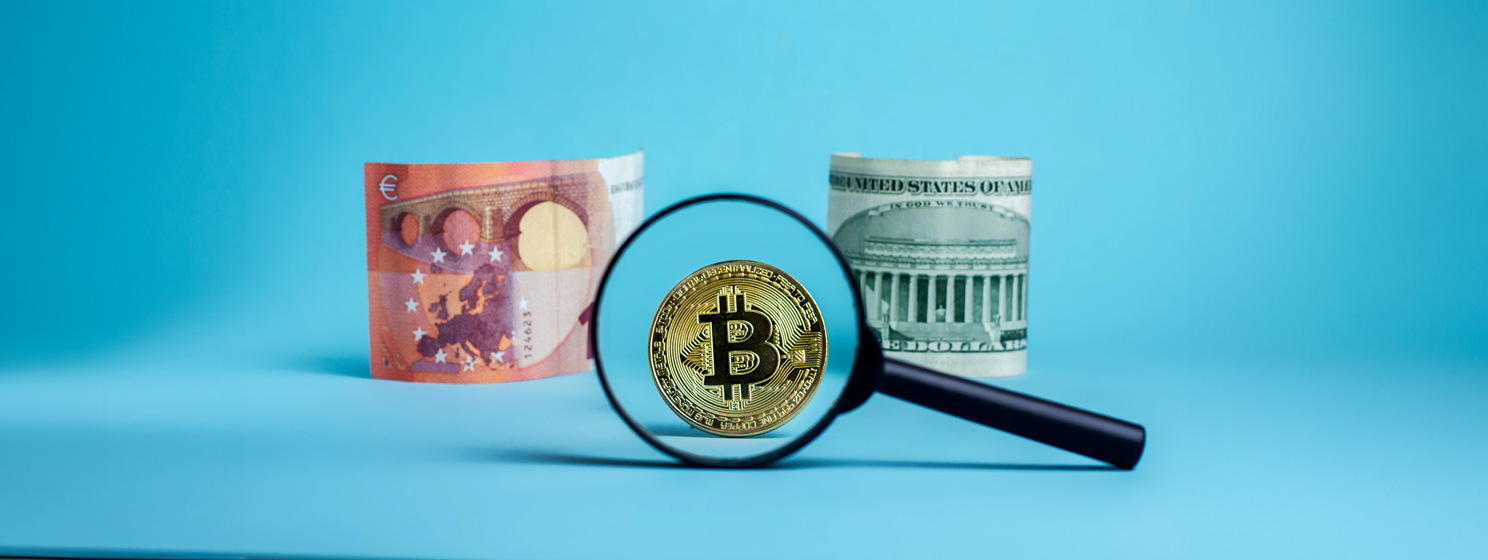|
Getting your Trinity Audio player ready...
|
Lawmakers from South Korea’s two largest political parties are at odds over implementing a proposed 20% tax on digital asset profits. While the ruling party is pushing for another postponement to give investors time to prepare, the opposition wants the threshold raised to match stock market income.
South Korea first proposed the 20% tax in 2020, and it was scheduled to take effect in 2021. However, outrage from digital asset investors pushed the ruling People Power Party (PPP) to postpone it to 2023 and then again to 2025. In July this year, PPP lawmakers proposed pushing the implementation to 2028 to fulfill an election pledge it made in this year’s campaigns.
However, lawmakers from the opposition Democratic Party (DP)—which controls the Assembly—have finally had enough and want the taxes implemented as originally scheduled in January 2025. To cushion investors, they proposed increasing the threshold from KRW 2.5 million ($1,800) to KRW 50 million ($35,750). This would be in line with the taxation of stock market income.
According to local outlets, legislators from both parties have been meeting to iron out their differences in approach. The most recent meeting saw select lawmakers from the Tax Subcommittee of the National Assembly’s Planning and Finance Committee discussing the framework but failed to reach an agreement.
DP lawmakers: The postponements are a political trick
DP floor leader at the Assembly, Jin Sung-joon, has been vocally advocating against further postponements.
“Crypto tax was voted into law four years ago. Its launch has been postponed twice since then. But it is now time to launch the tax for the sake of legal stability,” he stated, as reported by local outlet Global Economic.
“If taxation is burdensome, the party’s position is to significantly increase the deduction limit from the current 2.5 million won to 50 million won to reduce the burden,” Jin added.
He further criticized the ruling party for using digital asset taxes as a political maneuver. He alleged that the PPP keeps postponing the implementation to buy time so that it can use another deferral as an election pledge in the next campaign.
For its part, the PPP says it’s not against taxation but is concerned that the market isn’t ready for such onerous demands.
“I agree that taxation should be imposed where there is income, but that taxation should be done fairly and in a well-prepared manner. I will fully collect public opinion and enforce a two-year grace period (for taxing virtual assets),” stated Han Dong-hoon, the PPP leader.
Watch: Universal Blockchain Asset unlocks the future of payments

 02-28-2026
02-28-2026 




